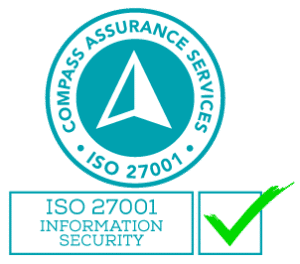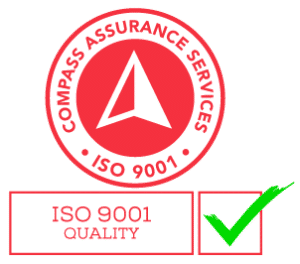In today’s digital landscape, your company must make strategic decisions about how technology can best serve its business objectives. The managed services sector remains strong, with a 91% rise in demand for services over the last 12 months – but do you know that some managed service companies specialise in providing IT solutions for certain industries?
If you’re looking at hiring a managed services provider, focusing on a company that understands your industry means you will gain services that align directly with your specific business requirements and challenges.
What is a managed service provider?
Managed service providers (MSP) are companies that offer IT support and services. This can include things like network maintenance, system administration, cyber security, and cloud services.
MSPs can offer a number of benefits over traditional IT vendors. First, they are more flexible than most traditional IT vendors, which means they can work with smaller organisations that don’t have access to large budgets. Second, they can often provide better service and lower prices than traditional vendors. Finally, they are usually more nimble than traditional IT vendors in the face of rapid technology changes, which means they are well-positioned to take advantage of new developments in the field.
Aligning IT with your business goals
If your MSP is familiar with your industry, they’ll be better equipped to understand what you need from IT services, and align these IT services to meet both your business needs and the evolving technology landscape. This way, they can connect you to resources that will help you scale.
For example, your MSP should understand how software is used in your industry and how you can use it to optimise your sales process, or take advantage of technologies specific to your industry. This will help you stay competitive, and lower your overall IT costs by implementing the right technology the first time.
Delivering relevant services and technologies
In today’s business landscape, the main challenge for any company is to stay competitive. This requires not only adapting existing processes and technology to meet current market demands, but also keeping up with new technologies that are being introduced on a regular basis.
MSPs have access to a wide range of services and technology that can be used to address specific industry needs. For example, they may be able to offer marketing automation solutions that can help your business engage with customers more effectively, or they may have expertise in cloud-based SaaS solutions that can help automate key business processes.
Without the necessary expertise and knowledge, they may not be able to deliver the right solution for your business.
Developing a long-term IT roadmap
Understanding the environment in which your business operates – including things like regulations, infrastructure, and competition – will help you figure out where IT investments should be focused. For example, if your company is looking to digitise its processes, then it may make sense to look into new ERP software. Or if you’re in the construction business, your MSP should have a good understanding of how construction projects are launched and managed in order to ensure that your computer systems are up and running at all times.
If your MSP does not understand your industry, they are more likely to recommend short-term solutions that may not be cost-effective in the long run, or useful to your daily operations.
Industry-specific compliance laws
Compliance regulations are the rules and standards that govern the way in which a company or organization processes its data and treats its employees. Like any other professional, MSPs need to understand the industry they’re working in and the regulatory compliance laws they need to follow so that you can avoid serious legal ramifications. For example, finance and accounting firms must comply with ASIC and APRA, while construction companies must follow the NCC.
Since certain regulations require specific security protocols, it’s important for MSPs to be aware of these regulations so that they can follow them. This way, they’re able to mitigate risks while also complying with legal requirements.
Keeping abreast of cyber security threats
Understanding your business’ industry-specific cyber threats and risks is an important first step to developing and implementing a cyber security plan. This includes understanding the types of cyber security risks that are unique to your business, such as employee training and awareness, data privacy and protection, third-party vendor relationships, and IT governance.
In addition to the threat of loss from a breach, you could face other legal and regulatory consequences if you were held legally responsible for the incident. For example, you might be required to conduct an independent investigation and demonstrate compliance with cybersecurity requirements.
Get the right IT services
If your MSP does not understand your industry, it may be difficult for them to recommend the appropriate IT services for you. In many instances, the right MSP will have a firm grasp of your specific needs as well as challenges, leading to better solutions for your business.
The IT experts at Steadfast Solutions specialise in providing IT services and solutions for a wide range of industries. Talk to our friendly team today about your specific business needs and discover how we can help.




